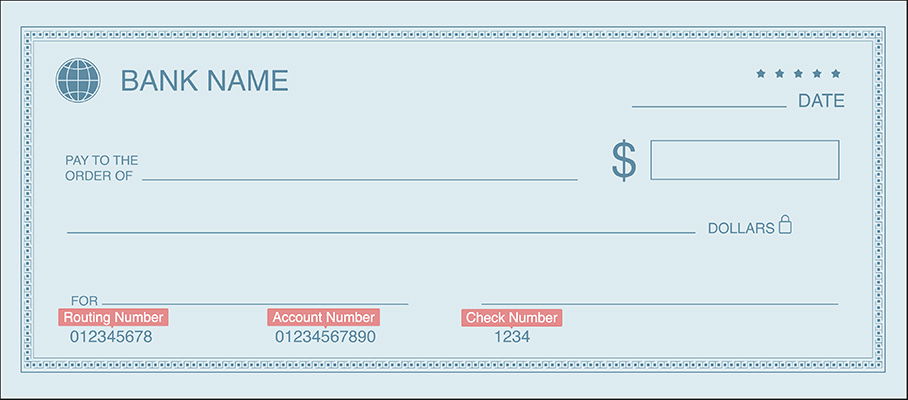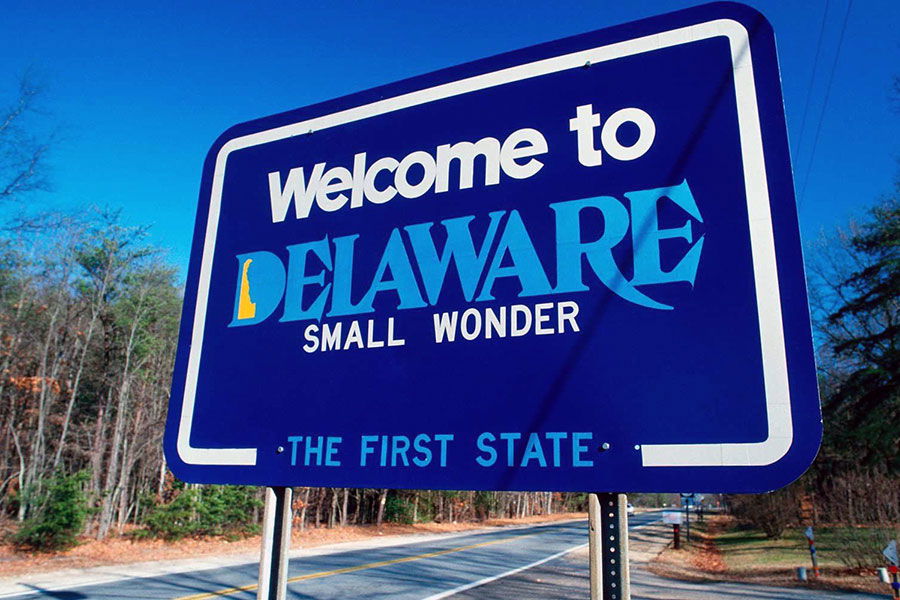Traditional banks often overlook underserved communities, focusing instead on wealthier urban areas. If you’re looking to bank with your values in mind—whether that means supporting affordable housing or helping lower-income borrowers—there are better options.

Socially responsible banks focus on accessibility, community investment, and sustainability. Many offer free checking, competitive rates, and strong digital tools—without sacrificing their ethical mission.
Whether it’s helping first-time homebuyers, funding clean energy upgrades, or reinvesting in local businesses, these banks prove that you don’t have to choose between doing good and getting great service.
9 Best Socially Responsible Banks and Credit Unions
Each bank and credit union on this list offers competitive banking services while actively supporting underserved communities, local businesses, and sustainability initiatives. They combine strong digital tools and fair pricing with a clear commitment to doing good.
1. Amalgamated Bank: Best for Investment Planning
Amalgamated Bank has branch locations in Boston, New York, San Francisco, and Washington D.C. It offers personal checking and savings accounts with no monthly fees.
2. Spring Bank: Best for New Yorkers
Spring Bank, New York’s first certified B Corp bank, offers personal and business banking online and at branches in Harlem and the Bronx.
3. Beneficial State Bank: Best for West Coast Residents
With seven branches across California, Oregon, and Washington, Beneficial State Bank is a top B Corp option for West Coast banking. It’s majority-owned by Beneficial State Foundation, a nonprofit focused on public benefit.
4. City First Bank: Best for Commercial & Nonprofit Banking
City First Bank is part of a family of companies devoted to socially responsible lending and personal and business banking in low to moderate income communities.
5. Clearwater Credit Union: Best for Previously Unbanked Consumers

Clearwater Credit Union is a certified Community Development Financial Institution and GBAV member.
6. Sunrise Banks: Best for Mortgages
Sunrise Banks offers a full range of personal banking products, including personal checking, savings accounts, credit cards, and a pre-paid Mastercard.
7. Clean Energy Credit Union: Best for Clean Energy Loans
Most of the banks on this list avoid funding fossil fuel companies, support climate-friendly initiatives, and operate with sustainability in mind.
8. National Cooperative Bank: Best for High-Yield Rates
National Cooperative Bank offers high yield CDs, and money market accounts, as well as checking and savings accounts and business products.
9. Carver Bank: Best for Small Business Banking
Carver Bank is a Black-operated, socially responsible bank that offers one of the highest savings rates available—4.00% APY.
How to Choose Socially Responsible or Sustainable Banks and Credit Unions
When you’re shopping around for a socially responsible bank, first consider what aspects of ethical banking are most important to you. Are you looking for a bank committed to serving low-income communities, or one that puts a focus on renewable energy? Maybe sustainability is the most significant aspect to finding a socially responsible bank that aligns with your values.
Of course, you also want to think about all the other elements that you would consider for your personal banking needs. These include low fees, online banking capabilities and an intuitive mobile app, early availability of your direct deposits, and a high-yield savings account.
Our list of the best socially responsible banks takes all these factors into consideration and showcases banks that back up their values with investments – in their communities and in the environment.
Organizations That Support Sustainability and Social Responsibility
The best socially responsible banks often showcase their commitment to ethical banking through certifications or membership in organizations that support and reflect their values. If a bank is a member of the Global Alliance for Banking on Values, recognized as a community development financial institution (CDFI) or a Certified B corp, you know the bank has demonstrated its commitment to ethical banking.
Global Alliance for Banking on Values (GABV)
The Global Alliance for Banking on Values (GABV) is a worldwide network of socially responsible banks committed to ESG values. GABV banks focus on three pillars:
- Finance change
- Do no harm
- Sustainable products and services
To join the Global Alliance for Banking on Values (GABV), banks must show their commitment to sustainability, and have a balance sheet of at least $50 million. They must be a full-service bank and show financial stability and stable governance. Many of the best socially responsible banks are members of the Global Alliance for Banking on Values (GABV).
Community Development Financial Institutions (CDFIs)
A Community Development Financial Institution is a bank, cash management account, or credit union that is certified by the U.S. government. It’s a bank that has shown a commitment to providing banking services in low-income communities and underserved communities across the U.S.
Unlike many other financial institutions, Community Development Financial Institutions focus on areas such as economic development, affordable housing and supporting small businesses in their local community.
Certified B Corp
A Certified B Corp is any organization or socially responsible financial institution that successfully balances purpose and profit. Organizations can apply for B Corp certification if they demonstrate transparency, social responsibility, and show high social and environmental sustainability standards. Banks and credit unions must pass rigorous certification standards to become recognized as a B Corp.
Final Thoughts
Banking with a social mission doesn’t mean settling for less. The best socially responsible banks offer competitive rates, low fees, and strong digital tools—while reinvesting in communities and supporting sustainable initiatives.
If you care about where your money goes and the impact it makes, switching to a bank that shares your values is a simple but powerful move.
Frequently Asked Questions
Which banks are eco-friendly?
Banks like Clean Energy Credit Union and Spring Bank are known for supporting renewable energy and sustainability. Look for banks that don’t lend to industries with high environmental impact and that offer green products, like solar loans or compostable debit cards.
How can you tell if a bank is ethical?
Check if the bank is a Certified B Corp, a CDFI, or a member of the Global Alliance for Banking on Values. Also look for transparency about how deposits are used and whether they reinvest in underserved communities or the unbanked or underbanked population.
What is responsible banking?
Responsible banking focuses on expanding access to financial services, reinvesting in communities, and supporting environmental and social goals.
What is an ESG bank?
An ESG bank considers environmental, social, and governance factors in its operations and lending. Clean Energy Credit Union is one example, funding projects like EV loans and solar installations.












